Happy Wednesday! Apple just announced plans to release iOS 18.4 Beta 2, and with it, a new “Face with Bags Under Eyes” emoji. It’s a shame the update won’t hit smartphones in time to capture the spirit of your Morning Dispatchers after President Donald Trump’s whopping 100-minute speech to Congress last night.
Quick Hits: Today’s Top Stories
- Canada and China—America’s largest and third-largest trade partners, respectively—imposed retaliatory tariffs on the U.S. on Tuesday in response to President Trump’s new levies, which included 25 percent tariffs on most imports from Canada and Mexico and a 20 percent duty on Chinese goods. Beijing responded with 15 percent tariffs on U.S. agricultural exports, while Ottawa announced a 25 percent reciprocal duty on $107 billion worth of American goods, which will go into full effect over the coming weeks. Mexican President Claudia Sheinbaum, meanwhile, said her country would respond to the U.S. levies with countermeasures of its own on Sunday. Stocks continued to plummet on Tuesday amid fears of a full-blown trade war.
- Ukrainian President Volodymyr Zelensky on Tuesday signaled his country’s willingness to sign a minerals deal with the United States, describing last week’s contentious Oval Office meeting with President Donald Trump as “regrettable.” “I would like to reiterate Ukraine’s commitment to peace,” he wrote on X. “Our meeting in Washington, at the White House on Friday, did not go the way it was supposed to be.” Zelensky’s statement followed Trump’s Monday order to pause U.S. military aid to the embattled country—a move that, if not reversed, is expected to have dire consequences for Ukraine’s ability to fend off ongoing Russian advances.
- Pakistani authorities have detained the senior Islamic State commander responsible for the deadly suicide bombing at the Kabul airport during the U.S. military withdrawal from Afghanistan in August 2021, President Trump announced during his address to Congress Tuesday night. Mohammad Sharifullah, an Afghan national, is now being extradited to the U.S. to face trial for his role in plotting the attack. The bombing, which was carried out as thousands of people attempted to flee the country in the final days of the Taliban’s takeover, killed 13 American service members and an estimated 170 Afghan citizens.
- Russian President Vladimir Putin has agreed to help mediate talks between the U.S. and Iran to address Tehran’s nuclear program and support for terrorist groups, Bloomberg News reported on Tuesday. President Trump has repeatedly expressed his desire to reach another nuclear deal with the Islamic Republic, which has significantly grown its stockpile of highly enriched uranium in recent months. Moscow “is ready to do everything in its power to achieve” a diplomatic resolution to the issues between the two countries, Kremlin spokesman Dmitry Peskov told Bloomberg.
- The Trump administration moved late last month to dismantle two expert committees responsible for working with the government to produce economic statistics, multiple outlets reported on Tuesday. One of the groups—the Bureau of Economic Analysis—produced reports on U.S. gross domestic product, while the other—the Federal Economic Statistics Advisory Committee, or FESAC—helped federal agencies track inflation, growth, and employment. “Its work goes to the essential transparency of these statistical agencies,” a former FESAC committee member told the Wall Street Journal. “When you remove that transparency, then that diminishes trust.”
- The Department of Justice plans to drop a Biden-era federal lawsuit barring a controversial Idaho abortion law from taking full effect, a court filing by the state’s largest hospital system indicated on Tuesday. The move would effectively end a federal appeals court’s hold on parts of the near-total ban, which imposes severe penalties, including jail time, on medical professionals who provide abortions, with very few carve-outs.
Trump Promises the ‘Golden Age of America’
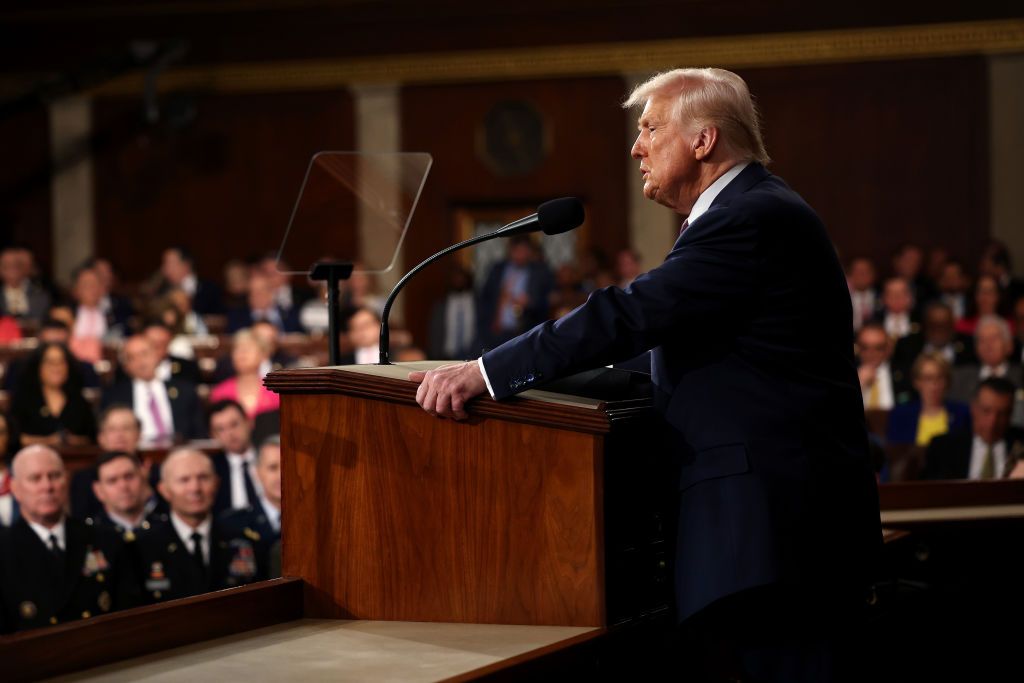
On February 28, 2017, newly inaugurated President Donald Trump walked into the House of Representatives to deliver his address to a joint session of Congress. It was his chance, after a campaign filled with inflammatory and divisive rhetoric, to offer a positive vision to the American people—and to the lawmakers whose cooperation he would need to implement his agenda.
In that speech, he delivered. He stayed on script as he mused about America’s 250th birthday, voicing optimism that July 4, 2026 would “see a world that is more peaceful, more just, and more free.” Throughout the address, he called for conservative policies to create a future that included health care innovation, a thriving economy, and safe communities—stressing that the goals would take a communal effort.
“This is our vision. This is our mission. But we can only get there together. We are one people, with one destiny. We all bleed the same blood. We all salute the same great American flag. And we all are made by the same God,” he said. “When we fulfill this vision, when we celebrate our 250 years of glorious freedom, we will look back on tonight as when this new chapter of American Greatness began.”
Fast forward eight years, and Trump’s tone was very different. In some ways, his address to Congress last night was indistinguishable from a campaign stump speech. And instead of extending an olive branch to Democrats as he did in 2017, he used the 100-minute remarks—the longest presidential address to Congress in modern history—to litigate political grievances and tout the more controversial ...
As a non-paying reader, you are receiving a truncated version of The Morning Dispatch. You can read our 1,114-word item on Trump’s speech to Congress in the members-only version of TMD.
Today’s Must-Read
The historical legacy of Operation Wetback is a flash in the pan: a momentary, shocking flame burst that quickly dissipates. It got attention and immediate results. Yet it failed to provide a lasting solution to the immigration issue. American policymakers did not consider what would happen to all the migrants deported. It was assumed that once migrants had been expelled, they would cease being a headache for U.S. leaders. That assumption was wrong.
Toeing the Company Line
Peace in His Time
Donald Trump doesn’t care about the long-term success of any deal between Ukraine and Russia.
Trump Sends Mixed Signals on Defense Policy
The president campaigned on ‘peace through strength,’ but it's unclear if his plans back the pledge.
Ghosts of the Cold War
The Soviet Union is gone, but its admirers aren’t.
Republicans Rethink Town Halls in the Era of DOGE
GOP lawmakers blame progressive activists for rowdy district meetings in reaction to government cuts.
Keynesian Kayfabe
The Jerry Springer sovereign.
Video: President Trump Addresses Joint Session of Congress
Watch the video of our analysis of President Trump’s speech.
Worth Your Time
- Happy Ash Wednesday! In an excerpt from her book Hunger for Righteousness, Phoebe Farag Mikhail reflected on the spirit of solidarity behind the Christian practice of fasting during Lent. “Historically, those who could afford to eat meat and dairy on a regular basis were supposed to give the cost of that food as alms. Those who fasted further by abstaining from food till a specific hour were to give the cost of the skipped meal or two to the poor as well. This connection is deliberate. It serves as a chance to take stock of all the excess that we have acquired and return some of it to those who do not have excess,” she wrote. “In choosing to abstain from certain foods for over a month and a half and giving what we would have fed ourselves to others, our almsgiving is less a charity than it is empathy and solidarity. In the words the Lord said to Isaiah, when we fast and give to the hungry and the poor, we are giving to our ‘own flesh.’ When we experience what it is like to not eat or drink even when we are hungry or thirsty, we get a small taste of what it is like to live with water shortages, chronic hunger, food insecurity, and war.”
- In a powerful letter to Donald Trump, former Polish President Lech Wałęsa and more than 30 former political prisoners expressed their “horror and disgust” at Ukrainian President Volodymyr Zelensky’s treatment at the White House last week. Comparing the American president’s scolding to interrogation tactics deployed by Cold War-era officials, the anti-Communist activists argued that Ukraine is deserving of our gratitude, not scorn. “Gratitude is due to the heroic Ukrainian soldiers who shed their blood in defense of the values of the free world. They have been dying on the frontline for more than 11 years in the name of these values and [the] independence of their Homeland, which was attacked by Putin’s Russia. We do not understand how the leader of a country that is the symbol of the free world cannot see [that],” they wrote, according to a Facebook translation. “Mr. President, material aid—military and financial—cannot be equivalent to the blood shed in the name of independence and freedom of Ukraine, Europe, as well as the whole free world. Human life is priceless, its value cannot be measured with money.”
Presented Without Comment
Financial Times: Americans Apply for U.K. Citizenship in Record Numbers
Also Presented Without Comment
Politico: No More In-Person Town Halls, NRCC Chief Tells House Republicans
The chair of the House GOP's campaign arm told Republican lawmakers Tuesday to stop holding in-person town halls amid a wave of angry backlash over the cuts undertaken by President Donald Trump's administration.
…
Trump on Monday dismissed the town hall uproar — much of it trained on the sweeping cutbacks made by the Elon Musk-led Department of Government Efficiency — as being the work of “paid ‘troublemakers.’” Many other GOP leaders have adopted a similar tack, asserting that the protests Republican lawmakers have encountered have been concocted by Democrats and do not reflect genuine voter anger over the Trump cuts.
In the Zeitgeist
Dolly Parton’s husband of nearly 60 years, Carl Dean, died on Monday at the age of 82. The iconic country music singer-songwriter has described Dean, whom she met at a laundromat on her first day in Nashville in 1964, as the inspiration behind many of her timeless classics, including Jolene.

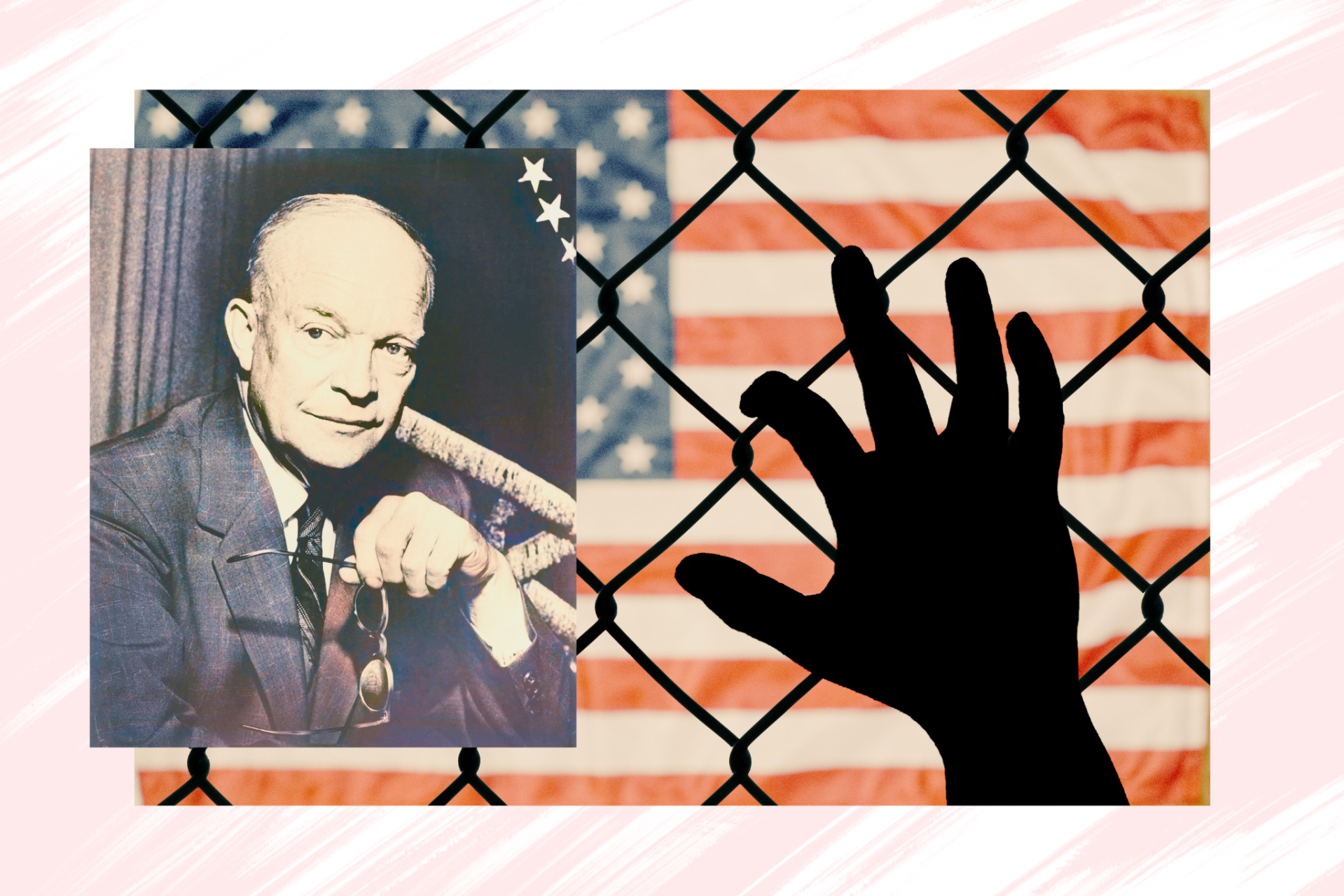
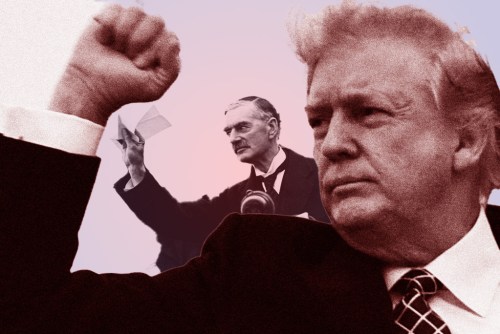
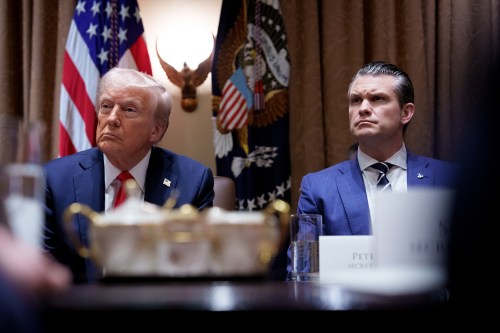

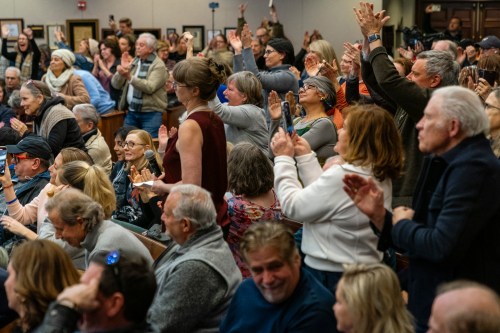
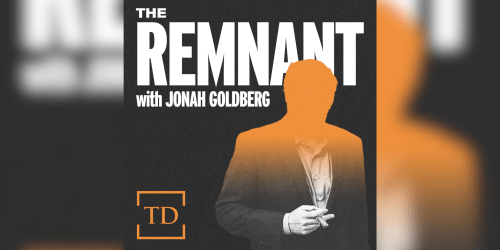
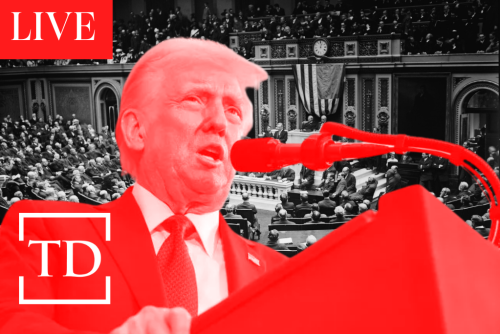





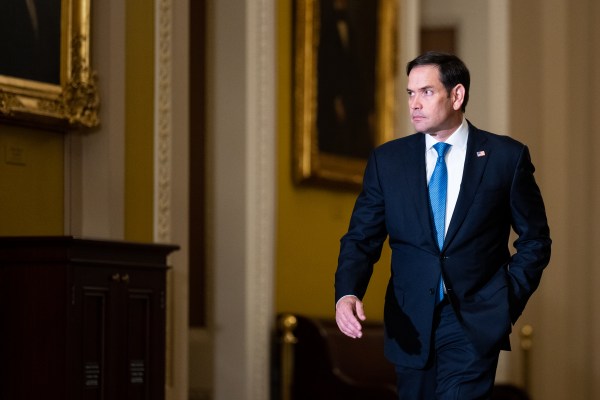

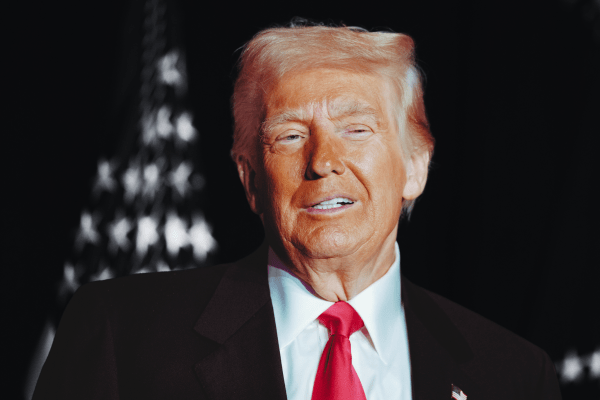

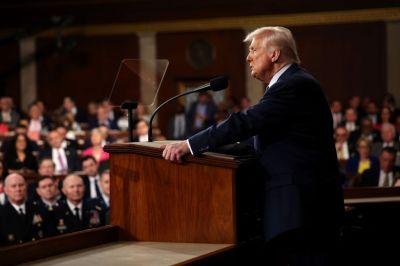
Please note that we at The Dispatch hold ourselves, our work, and our commenters to a higher standard than other places on the internet. We welcome comments that foster genuine debate or discussion—including comments critical of us or our work—but responses that include ad hominem attacks on fellow Dispatch members or are intended to stoke fear and anger may be moderated.
With your membership, you only have the ability to comment on The Morning Dispatch articles. Consider upgrading to join the conversation everywhere.